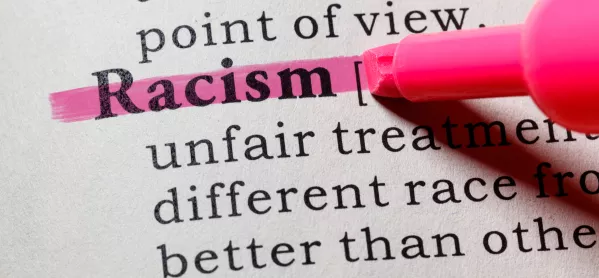The events in the US have brought tears of sorrow, anger and frustration. This has mirrored the UK regarding Grenfell, the Windrush scandal and the disproportionate effects of the coronavirus on minority-ethnic communities. It has led to many questions about what can be done, especially in schools and classrooms, to help students make sense of it all.
Teaching in England is not as equipped as you might think to discuss issues of race and racism - despite our apparent fascination with US civil rights and the nazis as part of our GCSE and A-Level courses.
Below are some resources that will help teachers think through some of the issues. The list is not exhaustive, but should provide enough coverage to ask better questions about the enquiry you teach, your approach and how these notions affect curriculum choices.
Reports
The Runnymede Trust has a number of resources that are helpful.
Books
In terms of books, there are so many that I could reference, but I have tried to limit to a few texts that provide a basic overview covering periods we normally teach in schools as well as ideas that are covered in history, politics and sociology at A level:
Films
In terms of films, I highly recommend the BBC’s Racism: A History. This three-part series - available on YouTube - is underrated but brilliant. The producer, David Okuefuna, also made Hitler’s Forgotten Victims about Afro-Germans in Nazi Germany.
Again, the above is not meant to be a solution, but a way to improve what you are doing in your classroom, department and school.
A version of this blog first appeared on nickdennis.com.
Nick Dennis is director of studies at St Francis’ College, Hertfordshire. He tweets @nickdennis




